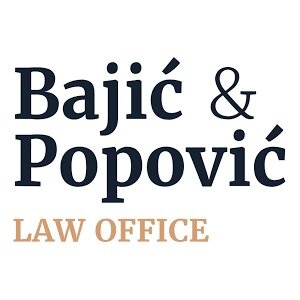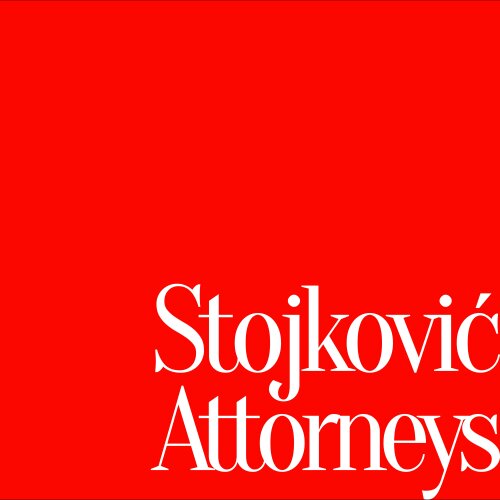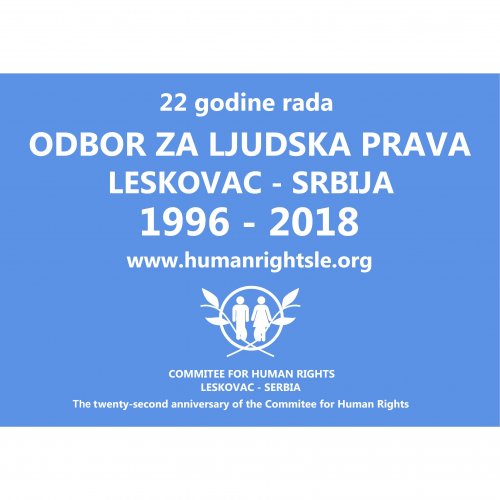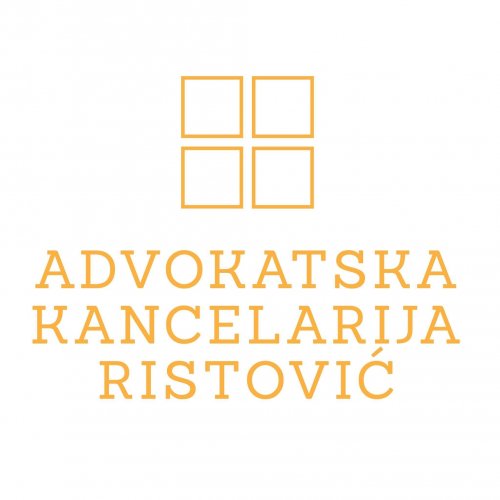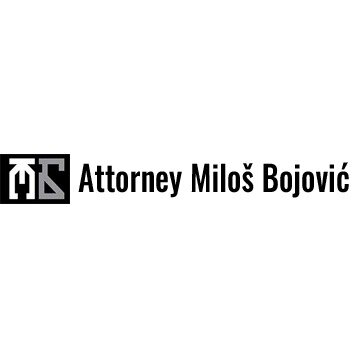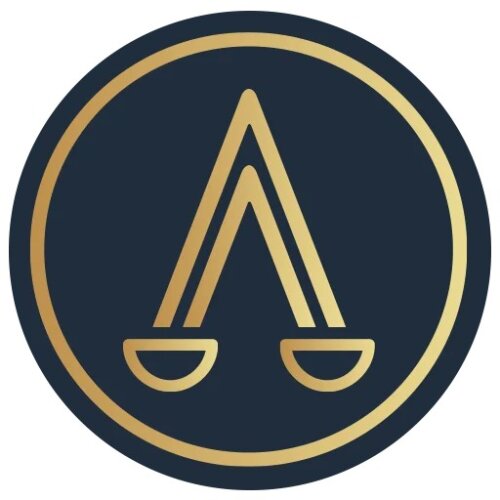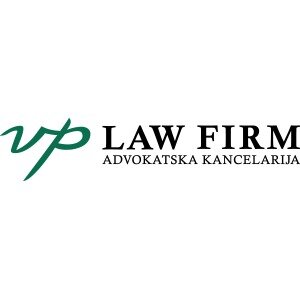Best Education Law Lawyers in Serbia
Share your needs with us, get contacted by law firms.
Free. Takes 2 min.
Or refine your search by selecting a city:
List of the best lawyers in Serbia
About Education Law in Serbia
Education Law in Serbia encompasses a wide range of statutes, regulations, and legal principles aimed at governing the education system within the country. This includes the rights and responsibilities of students, teachers, and educational institutions. Education Law addresses issues such as academic freedom, access to education, non-discrimination, the requirements for educational qualifications, and the administrative processes involved in the management of schools and universities. It is influenced by international educational standards and commitments, reflecting Serbia's dedication to providing quality education for all citizens.
Why You May Need a Lawyer
There are several circumstances under which individuals or institutions may require legal assistance within the realm of Education Law in Serbia. Common situations include:
- Disputes over admission processes and criteria.
- Cases of discrimination within educational settings.
- Disciplinary issues or unfair treatment claims within schools or universities.
- Challenges related to special education services or accommodations for disabilities.
- Legal matters concerning academic freedom and the rights of teachers and students.
- Issues related to intellectual property and academic research.
- Guidance on compliance with educational policies and regulations.
Local Laws Overview
The Education Law in Serbia is primarily governed by the Law on the Foundations of the Education System, along with various other laws specific to different levels of education such as primary, secondary, and higher education. Key aspects include:
- Compulsory education for children between the ages of 7 and 15.
- Provisions to ensure equal access to education for all children, regardless of background.
- Regulations on the standard of education, including curriculum requirements and teacher qualifications.
- Policies pertaining to the establishment and operation of public and private educational institutions.
- Mechanisms for the protection of students' rights and the resolution of educational disputes.
Frequently Asked Questions
What is the compulsory education age in Serbia?
In Serbia, education is compulsory for children from the ages of 7 to 15.
How is non-discrimination in education ensured?
Serbian law guarantees non-discrimination in education through various legal provisions aimed at providing equal access regardless of race, gender, disability, or socio-economic status.
Can private educational institutions set their own admission criteria?
Private schools can set specific criteria for admission; however, they must ensure these criteria are not discriminatory and comply with national educational standards.
What steps are involved if a parent believes their child is unfairly treated at school?
Parents can initially address the concern with the school's administration. If unresolved, they may need to escalate the issue to local education authorities or seek legal counsel for further action.
What rights do teachers have regarding academic freedom?
Teachers in Serbia are entitled to academic freedom, allowing them to carry out their professional work without undue interference, provided they adhere to curriculum guidelines and educational standards.
How are issues related to special education needs addressed?
Schools in Serbia are required to provide accommodations and resources to support students with special education needs, ensuring they receive equal learning opportunities.
What can be done if a student faces discrimination at a university?
Affected students should initially report the issue to university authorities. If not resolved, they may need to engage with human rights organizations or seek legal advice.
Is homeschooling allowed in Serbia?
Yes, homeschooling is permitted under Serbian law, but parents must adhere to certain criteria and standards set by the Ministry of Education.
What are the legal requirements for setting up a new school?
Establishing a new school involves adhering to specific regulations concerning infrastructure, curriculum approval, and teacher qualifications, as outlined by the Ministry of Education.
How is student privacy protected in Serbia?
Student privacy is protected under general data protection laws which require institutions to handle personal information responsibly and securely.
Additional Resources
For more information and assistance, individuals can reach out to the following resources:
- The Serbian Ministry of Education, Science and Technological Development: Responsible for overseeing all educational activities in the country.
- The Educational Inspectorate: Handles complaints and monitors compliance with educational standards.
- Serbian Lawyers Association: Can assist in finding legal professionals specializing in education law.
- Non-Governmental Organizations such as the Center for Educational Policy: Offer support and advocacy related to educational issues.
Next Steps
If you require legal assistance in Education Law, consider the following steps:
- Evaluate your legal needs and gather all relevant documentation related to your case or inquiry.
- Reach out to a legal professional with expertise in Education Law for a consultation. The Serbian Lawyers Association or local law firms can help identify qualified lawyers.
- Consider alternative dispute resolution options that might be available through educational or governmental bodies.
- Explore additional support from educational advocacy organizations or non-profit groups if necessary.
Lawzana helps you find the best lawyers and law firms in Serbia through a curated and pre-screened list of qualified legal professionals. Our platform offers rankings and detailed profiles of attorneys and law firms, allowing you to compare based on practice areas, including Education Law, experience, and client feedback.
Each profile includes a description of the firm's areas of practice, client reviews, team members and partners, year of establishment, spoken languages, office locations, contact information, social media presence, and any published articles or resources. Most firms on our platform speak English and are experienced in both local and international legal matters.
Get a quote from top-rated law firms in Serbia — quickly, securely, and without unnecessary hassle.
Disclaimer:
The information provided on this page is for general informational purposes only and does not constitute legal advice. While we strive to ensure the accuracy and relevance of the content, legal information may change over time, and interpretations of the law can vary. You should always consult with a qualified legal professional for advice specific to your situation.
We disclaim all liability for actions taken or not taken based on the content of this page. If you believe any information is incorrect or outdated, please contact us, and we will review and update it where appropriate.
Browse education law law firms by city in Serbia
Refine your search by selecting a city.



